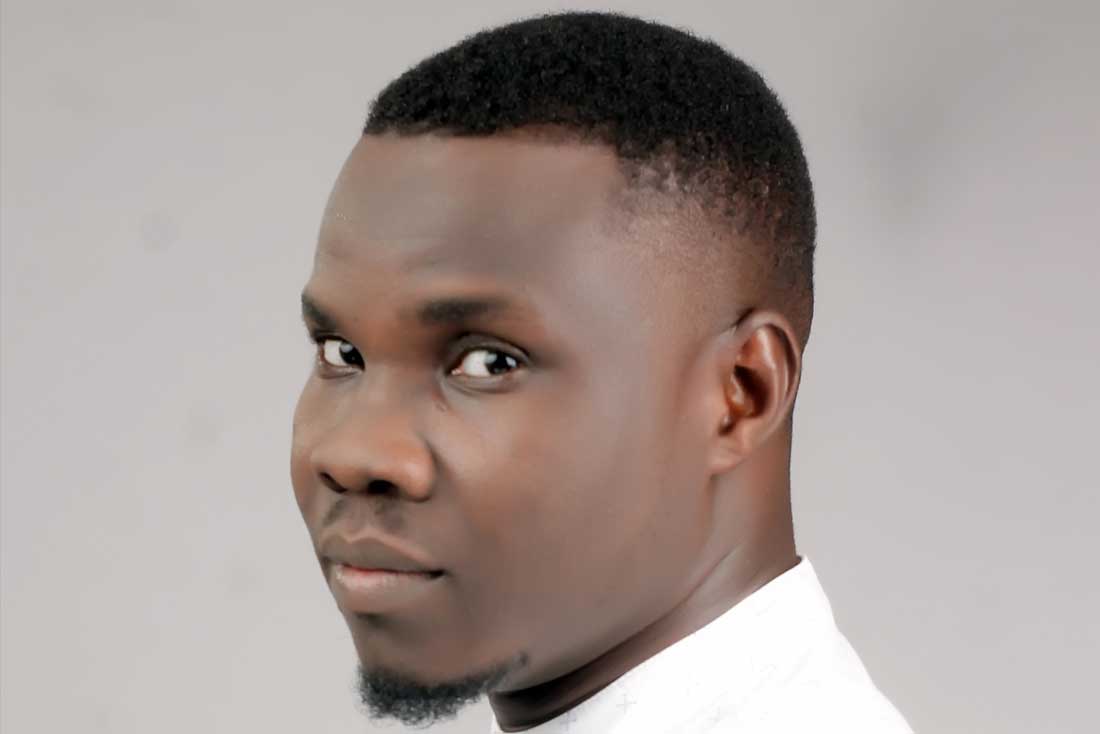Sulaimon Lawal will soon join our lab as my first PhD student. He grew up (and still lives) in Lagos, the largest of Africa’s three megacities.
Sub-Saharan Africa! The motherland for our species. The only land that was spared the worst of the Late Quaternary megafaunal extinctions. A land of huge cultural and biological diversity. But also, a land where extreme poverty and strife have most people living at the base of Maslow’s hierarchy of needs. And the world’s fastest urbanising continent. That’s a huge problem.
In 2012, the Cities and Biodiversity Outlook explicitly recognised the potential for cities, even huge ones, to help mitigate the environmental crisis. By bringing many people together, cities can curb per capita environmental impacts and they can have high biodiversity. But this potential is largely unrealised as urbanisation remains a top driver of biodiversity loss and climate change. Rampant urban development in global biodiversity hotspots, the conversion of agricultural to urban land uses and unplanned urban growth – which all occur in Africa – undermine sustainable-city goals (as does the urbanisation-affluence-consumption link). Addressing these issues is Sulaimon’s passion.
For his master’s degree, Sulaimon investigated the potential of urban green spaces to host diverse birds. Ever since, he has been an Assistant Lecturer at the University of Lagos, where he teaches and mentors students in their own urban-ecology research. But Sulaimon has much greater aspirations, specifically to be the first (or one of the first) professor of urban ecology and conservation in Nigeria.
If Sulaimon leaves the US and returns to Nigeria better equipped to achieve his goals, I will have contributed (in some way) to a better future for human and non-human species in Africa. The chance to do that is exciting and humbling, and I can’t wait to welcome him into my lab.

